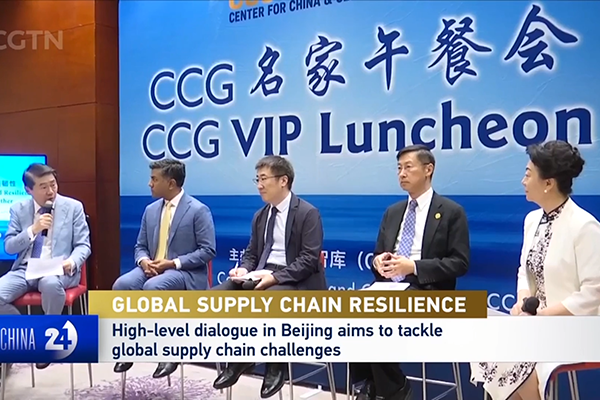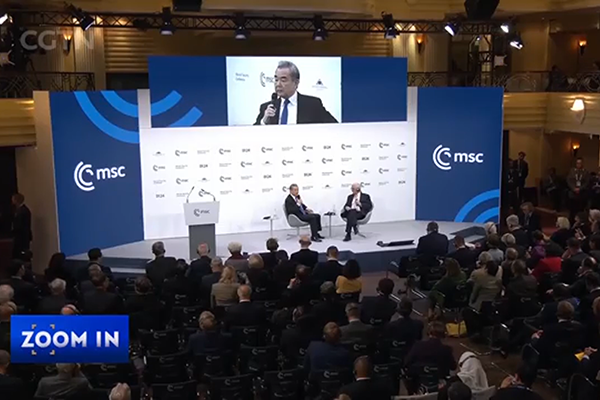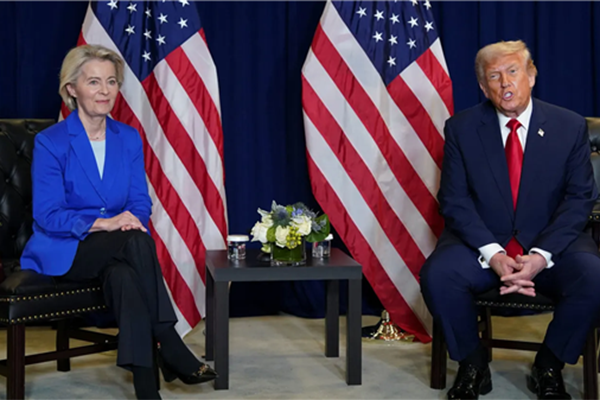Wang Huiyao: a scholar or a social entrepreneur?
August 30 , 2019
Wang Huiyao is the founder of the Center for China and Globalization(CCG), a global think tank in China. When we asked him if he prefers to call himself a scholar or a government advisor, Wang rejected both of these labels. Instead, he prefers the term “social entrepreneur”. What does that mean? Wang Huiyao explains this and much more in our series “Deep Dive: Talks with Chinese Internationals”.
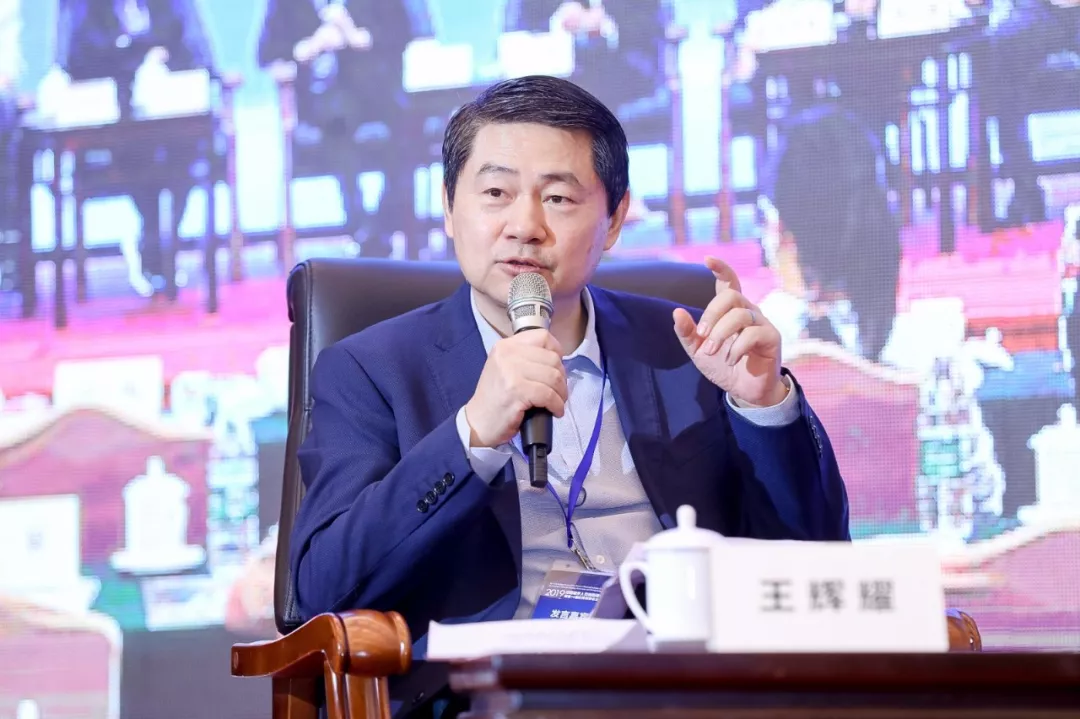
Wang Huiyao, Founder and President of Center for China and Globalization (CCG)
A Man Who Knows His Mission
by Manling, host of China Plus
It is always the prepared who are able to take advantage of the opportunities life sends our way. Wang Huiyao, founder and president of an independent think tank, The Center for China and Globalization (CCG), is such a man. Forced to go to the countryside to receive re-education from peasants to toil fields, life was already beyond the hardships a city youth could have imagined and endured, yet he was still reading books and memorizing English words. This seemingly neither practical nor hopeful obsession with learning was actually the influence from his father who had participated in the building of the Tanzania-Zambia railway, who had traveled outside of China and therefore advised his son that English was so widely spoken and it might be very useful one day.
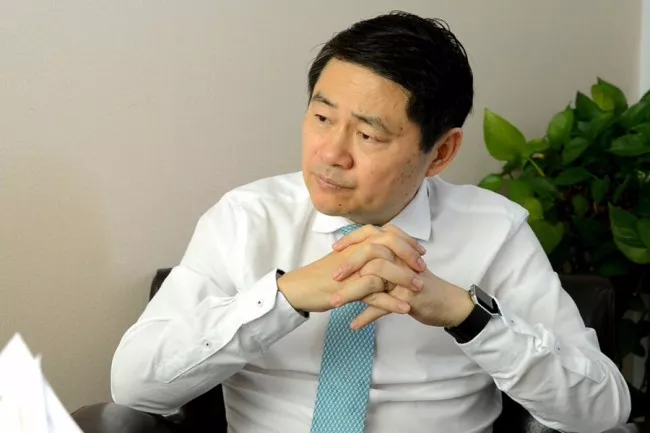
Wang Huiyao, Founder and President of Center for China and Globalization (CCG), takes an interview from China Plus. [Photo: China Plus]
On top of that Wang Huiyao was lucky to have an intellectual and exceptionally generous mother who considered knowledge more important than subsistence. She spent 20 percent of her monthly salary and went out of her way to find a source of academic stimulation and bought an English-Chinese dictionary for her son, at a time when each household was put on a limited ration and money was never enough to cover decent meals for family members.
This little dictionary was Wang’s most luxurious property in the countryside and on the campus. It was actually the “magic wand” for him to make wonderful things happen in life. With the little book, life in the countryside was no longer that unendurable, even though it could mean that he had to drink hot water with pepper to keep his body warm in extremely cold winter. To this day, he has carefully kept the first dictionary of his life intact as a token of parental love and positive influence, which is the best gift a child can receive from parents.
For Wang to achieve what he has achieved, parental influence is important but not enough. He is especially grateful to the major decisions made by Deng Xiaoping, the architect of China’s economic reform and opening up. Under Deng’s leadership in 1977, the Chinese government decided to resume Gaokao after a hiatus of 11 years, opened doors for students to pursue higher learning overseas, and later attracted overseas Chinese students to come back to serve the country.
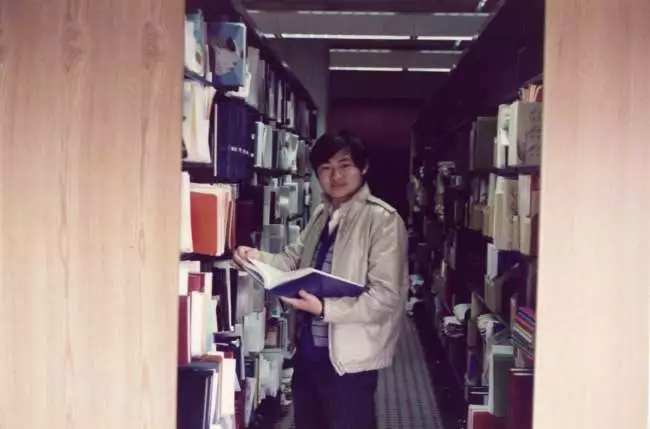
Wang Huiyao, Founder and President of Center for China and Globalization (CCG) [File photo: provided to China Plus]
These were the three stepping stones for Wang to jump to bring him up to par with his vision.
Gaokao made him the pioneering Chinese class to overlap with the outside world. Graduating as an English major, he started to serve in the Ministry of Commerce. Due to his relentless diligence and desire to aspire, he grasped every work opportunity to practice his English and learn everything about commerce. Consequently, he soon outgrew his jobs and felt a strong urge to refuel his tank of knowledge. Going abroad to pursue an MBA degree in Canada became the new goal in life. Work experiences in transnational companies, serving local Canadian government (Quebec) and working in Hong Kong, further empowered him. Then came the third most important decision in life. After Deng Xiaoping’s Southern China tour, which was considered a landmark for pushing China’s reform to a new high, Wang answered the call of the Chinese government to come back and serve the country.
Wang was among the first batch of students to take part in the Gaokao, the first to carry the collective Chinese image abroad, the first to come back to serve the country. The so-called first three classes of 77, 78, and 79 after Gaokao resumed were proudly given the name of New Three Classes (新三届) by their countrymen, who placed enormous hope on their newly learned knowledge and campus training, and their talent to bring their country back to normal and make it great again. When the country started to lure overseas students with numerous opportunities and preferential policies, many did come back and never let its people down. If we search in every field now, we can find high achievers, still working as hard as before, and Wang had compiled a book with the title “That Three Classes” (那三届) to tell their stories. These stories showcase every step of China’s development. It’s fair to say without these people, China wouldn’t have achieved this much over the past four decades. Wang and his generation of students are major beneficiaries of China’s reform and opening up, and also major contributors to it.
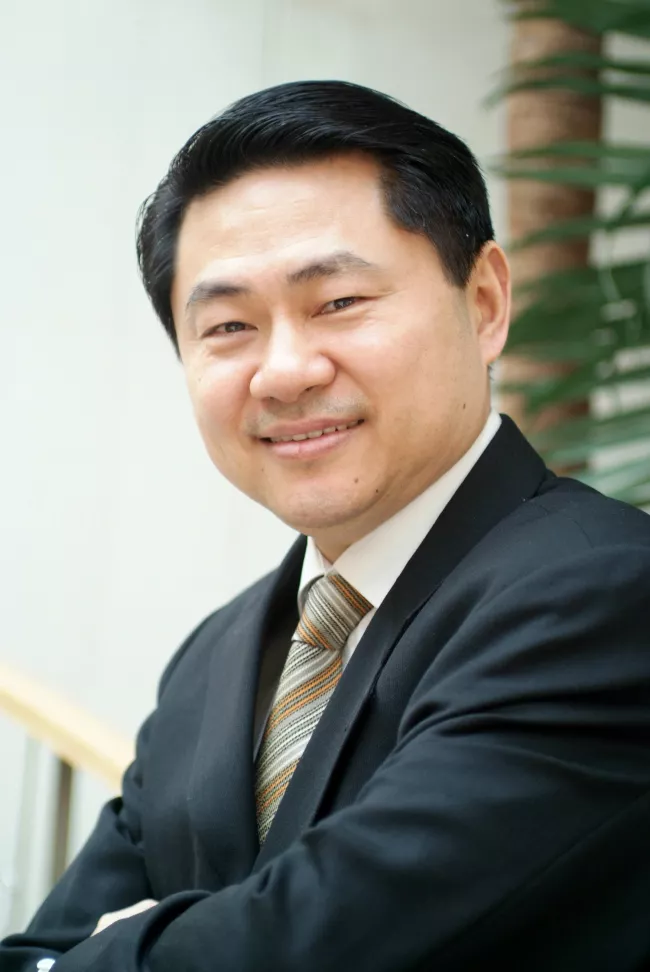
Wang Huiyao, Founder and President of Center for China and Globalization (CCG) [File photo: provided to China Plus]
Gratitude is best expressed in reciprocity and sacrifice. Having chosen to give up a successful career and a comfortable life overseas, a vision gradually loomed on Wang’s life track. He realized without reform, talent, and opening up, China could never have succeeded in lifting so many people out of poverty, in improving people’s living standards, and in contributing to world peace and development. For continued success in the next four decades or so, China will need more talent. And an independent think tank like CCG can help gather outstanding people in its talent pool, provide consultation to the needy, and further engage in bridging China with the rest of the world. As a scholar, businessman and a manager, he has taken this mission upon his shoulders.
Through his efforts, CCG has been made to the top 100 think tanks in the world and No. 6 in China. When asked about his plan for the next 10 years, I received no surprise in his response. A man who knows his mission would have never come to a different answer other than this: to continue working on CCG. Wish him the best!
